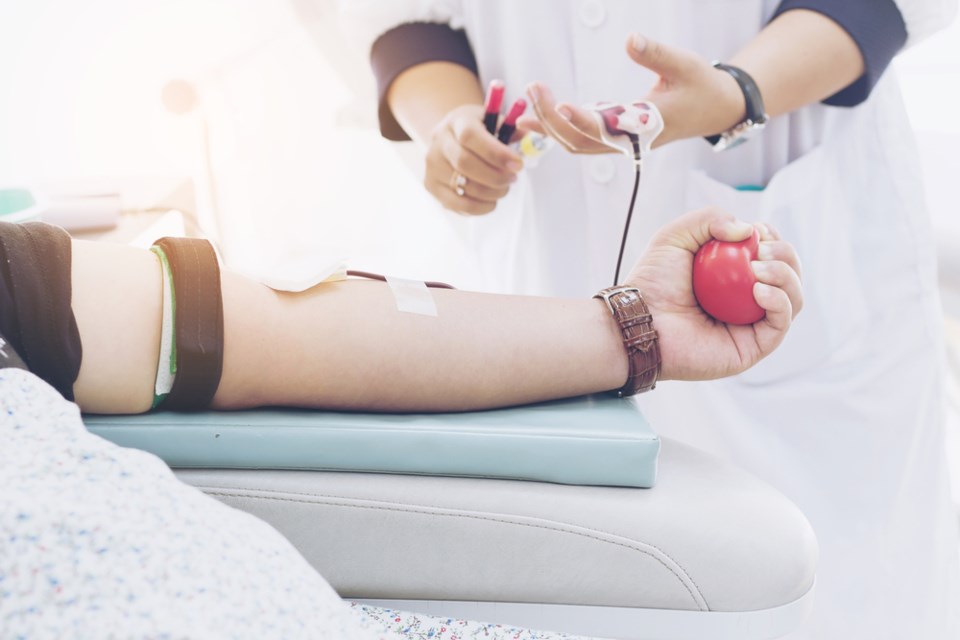Guelph’s member of parliament says he hopes to see an end to the ban on blood donation by sexually active gay men but noted it’s not up to the government to repeal, even if it was used as a Liberal campaign promise.
Last week, Conservative MP Eric Duncan stood in the House of Commons to ask the Liberal government to follow through on its 2015 campaign promise to remove the ban on blood donations by gay men who have sex with men.
Many say the risk of HIV tainted blood getting into the system is very low with modern screening techniques and call the regulation homophobic.
In an interview, Guelph MP Lloyd Longfield said he was surprised to see the issue taken up by a Conservative member of parliament.
Longfield noted that representatives from all parties are now calling for an end to the ban.
“It's not surprising to see the NDP supporting it, they have been pushing for it as well,” said Longfield. "We have some representatives from the different parties saying let's get past this 40-year restriction. I hope to see that lifted sooner than later.”
Longfield noted Canadian Blood Services and Hema-Quebec are independent from the government.
“It’s up to them to have the regulations changed,” he said. "It shouldn't be a political decision, it should be something they do based on Public Health information.”
In the House of Commons on Thursday, Duncan said there is a desperate need for blood donations during the second wave of COVID-19 when questioning Patty Hajdu, Canada’s health minister.
"I want to donate and make a difference, but I can't because I'm gay," he said. "In the year 2020, why is that?”
Canada banned blood donations from gay men since 1992 before allowing it in 2013 if the donor abstained from sex with another man for at least five years.
That was changed to one year in 2016, and then three months in 2019.
Hajdu said both Canadian Blood Services and Hema-Quebec are independent from government and they have to do the right amount of research to end the ban entirely.
She said the organizations have been funded by the government to do that, but Duncan accused Hajdu of hiding behind bureaucrats.
"She had no problem during an election campaign telling gay men this would end," he said.
Three times, he asked Hajdu directly if she'd accept a blood donation from him, and three times she did not directly answer.
"Does she not feel comfortable, from me as a gay man, taking my blood," he asked.
Hajdu said as soon as the blood agencies submit their recommendations on how to end the ban, they will be reviewed and changes will be made.
"I think the gay blood ban needs to end," she said.
Longfield said he recently made an appointment for his next donation. He has lost count but guessed it will be about his 115th time in the chair.
He said people who are able to give blood should consider it, especially over the holiday season.
“It's another way of giving to the front line workers, the people working in the hospitals that are saving lives and need blood to do that,” said Longfield. "I think it's something everyone should consider.”
– With files from The Canadian Press
